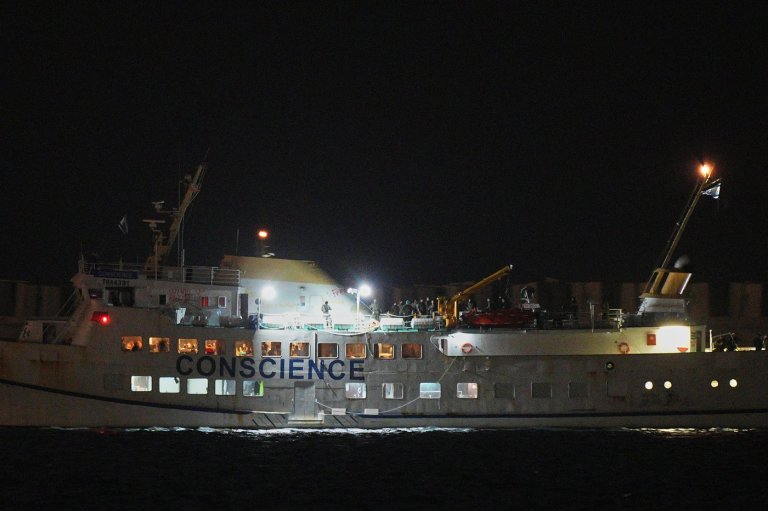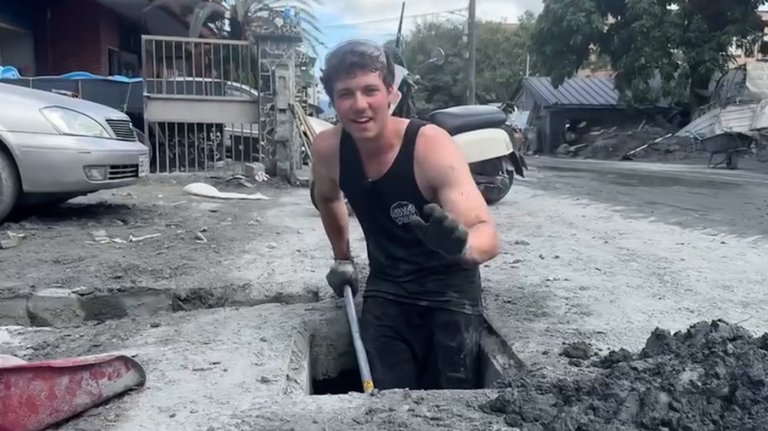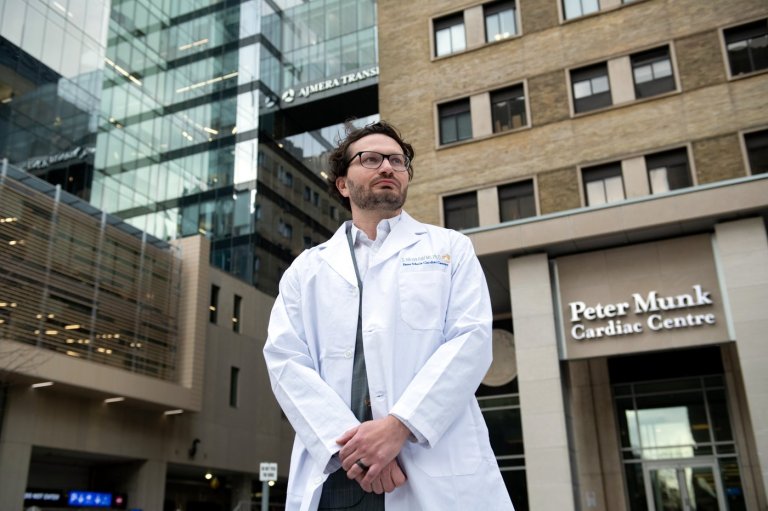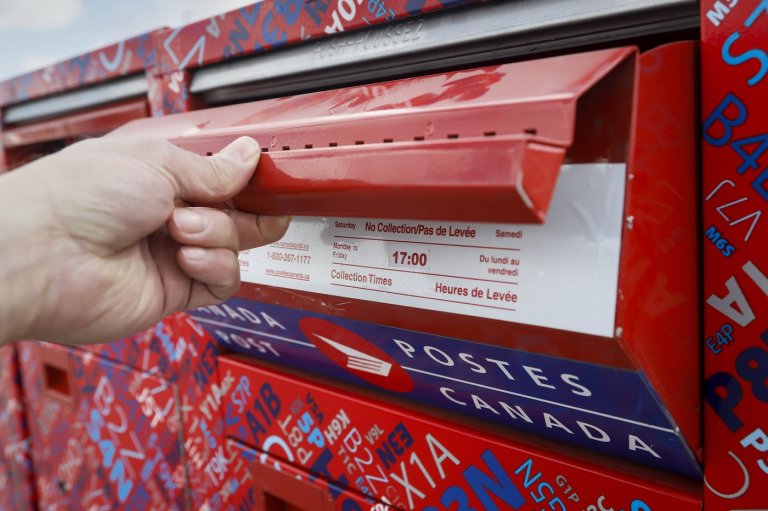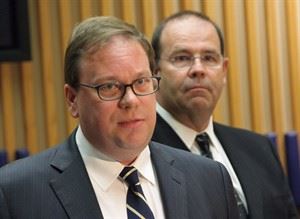
Hundreds seek info on organs of dead loved ones kept after autopsies in Ontario
TORONTO – Hundreds of inquiries have come in over the past week from relatives asking after organs belonging to dead family members, Ontario’s chief forensic pathologist said Thursday.
The torrent comes in response to a reach-out by the office, which is looking to either reunite relatives with about 4,000 organs retained after autopsies over the past few decades or to dispose of them.
“We met our goal — we’re very happy that we have a response,” Dr. Michael Pollanen said in an interview.
“The fact that we have engagements with that many families indicates that we’ve had our desired effect.”
Last week, the office announced it was seeking relatives who may never have been told that an organ from a deceased loved one had been kept for further examination.
Both Pollanen, and the Ontario government, apologized for the lack of communication.
The secrecy was ostensibly to avoid adding further grief to already mourning family members, but an evolution in medical practice and ethical considerations had tilted the balance in favour of transparency.
As a result, Pollanen said, his office had no real idea of what the response might be, but said they felt obliged to go public.
“We were all of the mind that this was the right thing to do,” he said. “Generally, families have respected the openness.”
Where it is determined that an organ was retained, families are being given the option of having it returned via a funeral home at public expense or having the coroner’s office dispose of it.
Pollanen was unable to say if a predominant preference had emerged from the roughly 750 inquiries that had come in to date.
“There is a range of responses because this is a sensitive, emotional issue,” he said. “It can cause distress.”
However, he added, the main sentiment was a recognition that a “respectful process” had been put in place.
It was not clear when the first organs would be returned to relatives or cremated, but Pollanen said his office would act as quickly as possible.
“We will work to find out the specifics of the particular case and flow that information back to the families,” he said.
Organs were kept in some cases post-autopsy to allow for further detailed study. They have been stored in forensic pathology units and hospitals around the province from as far back as the 1970s.
Only deaths that occurred before June 14, 2010 are potentially affected, given that families are now routinely told if an organ is retained, something that is infrequent these days.
If a family does not want organs returned, or for those that go unclaimed by next June, the coroner will cremate them.
Join the Conversation!
Want to share your thoughts, add context, or connect with others in your community?
You must be logged in to post a comment.














